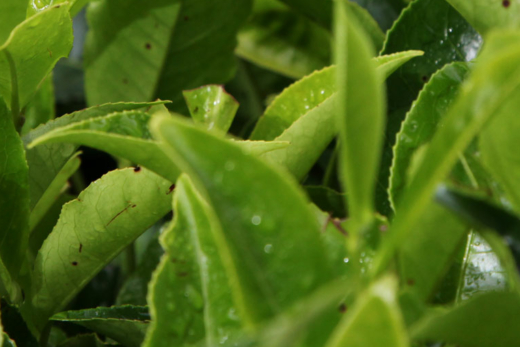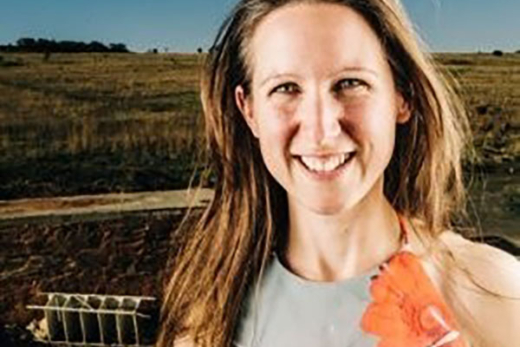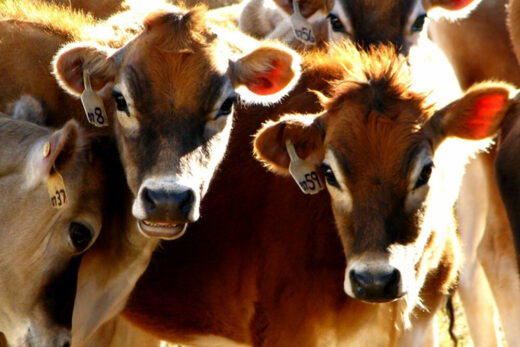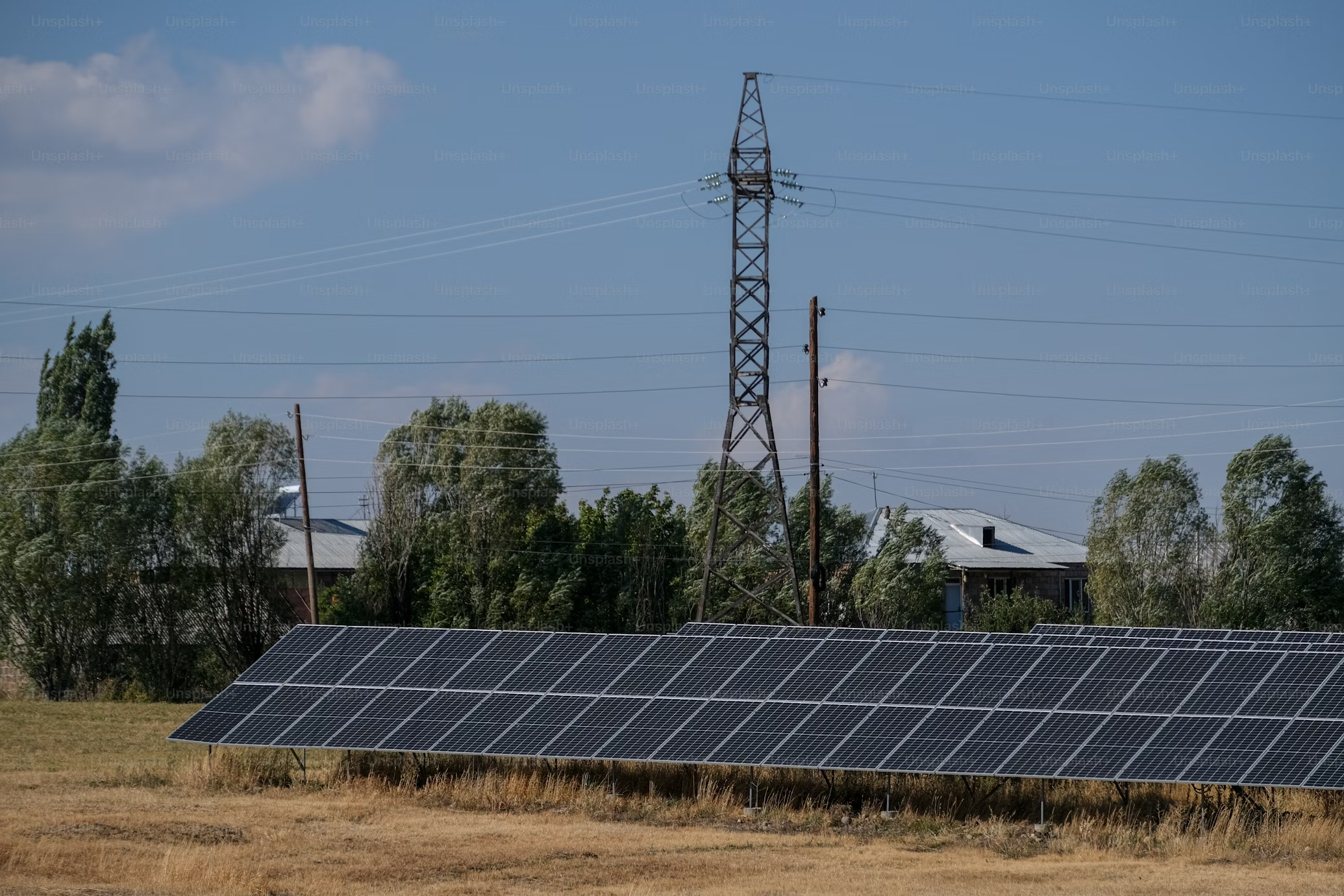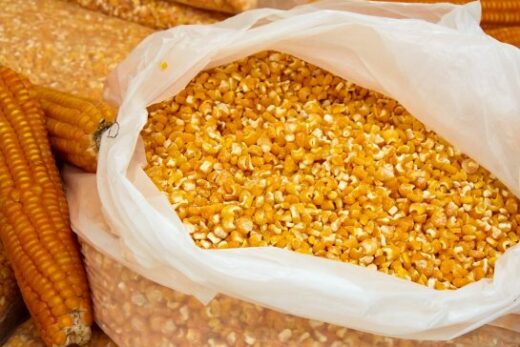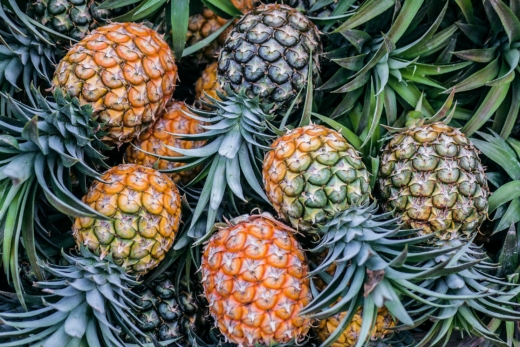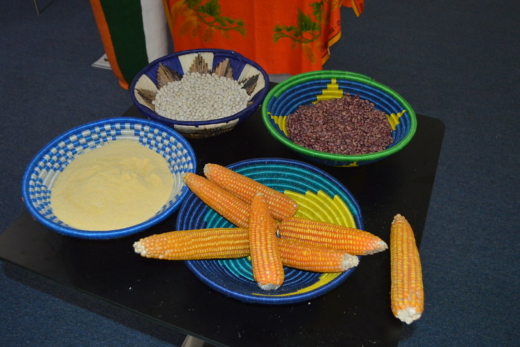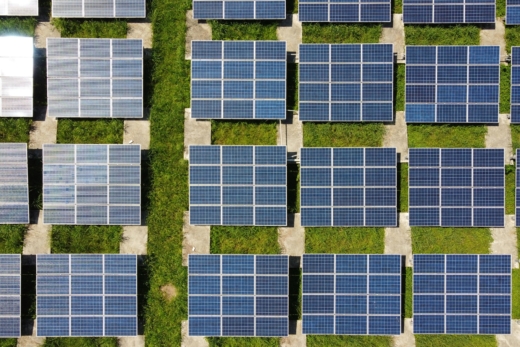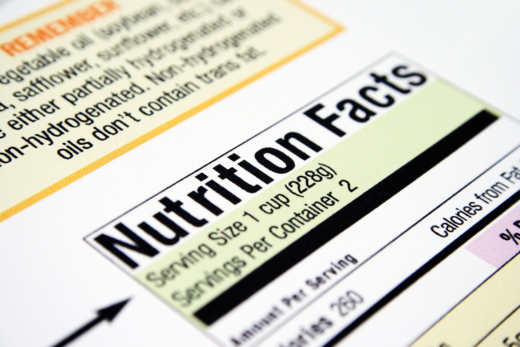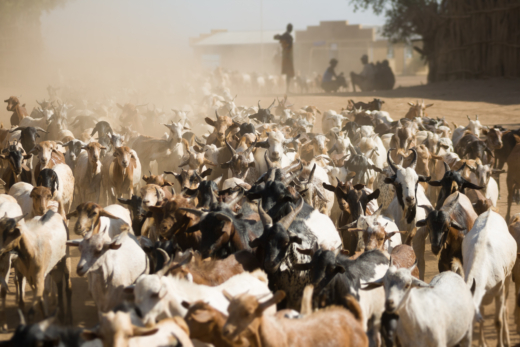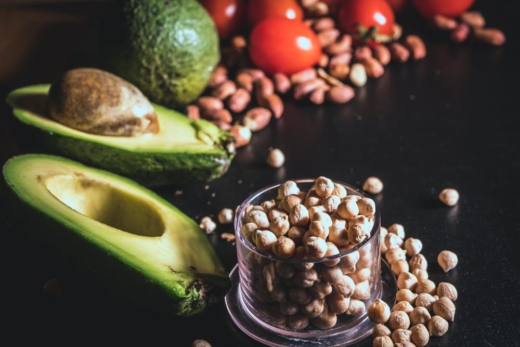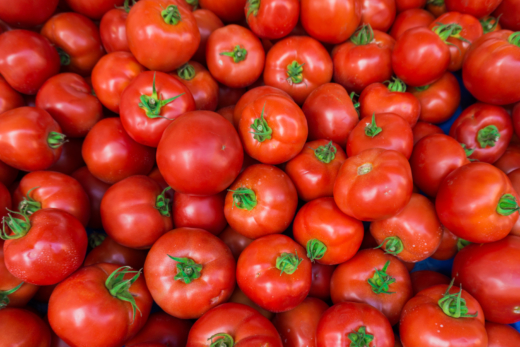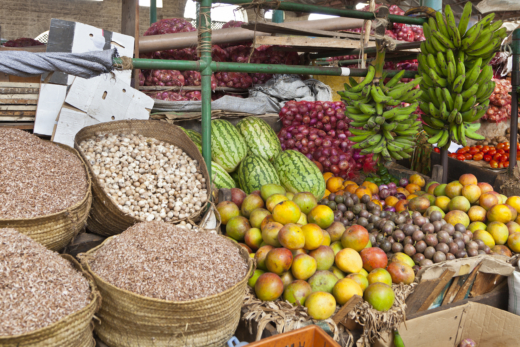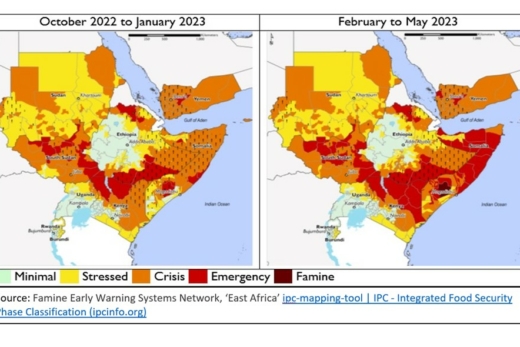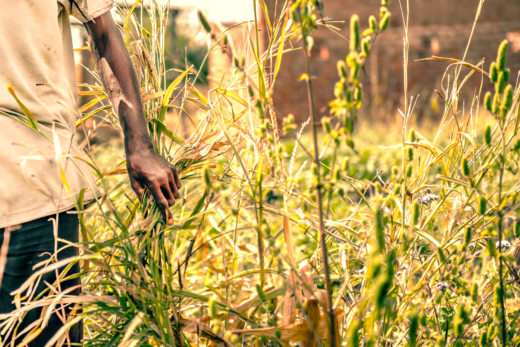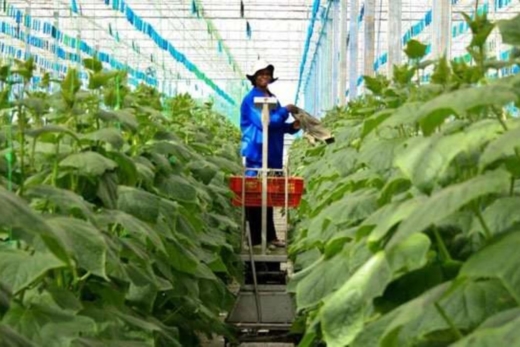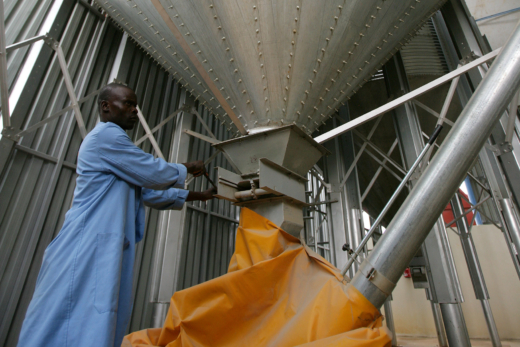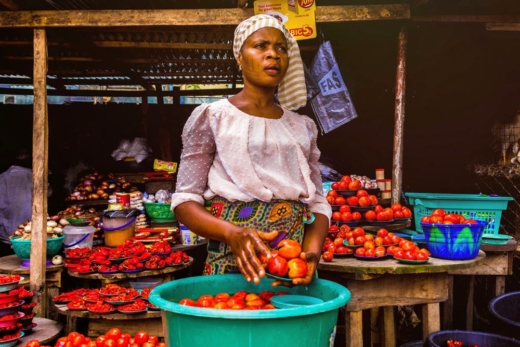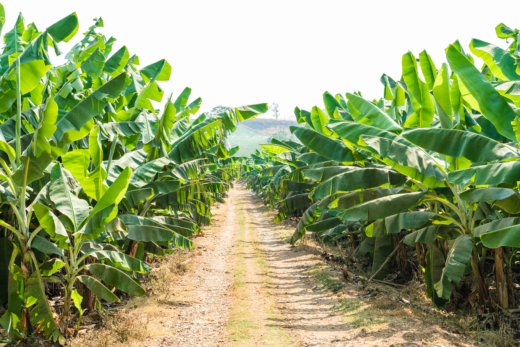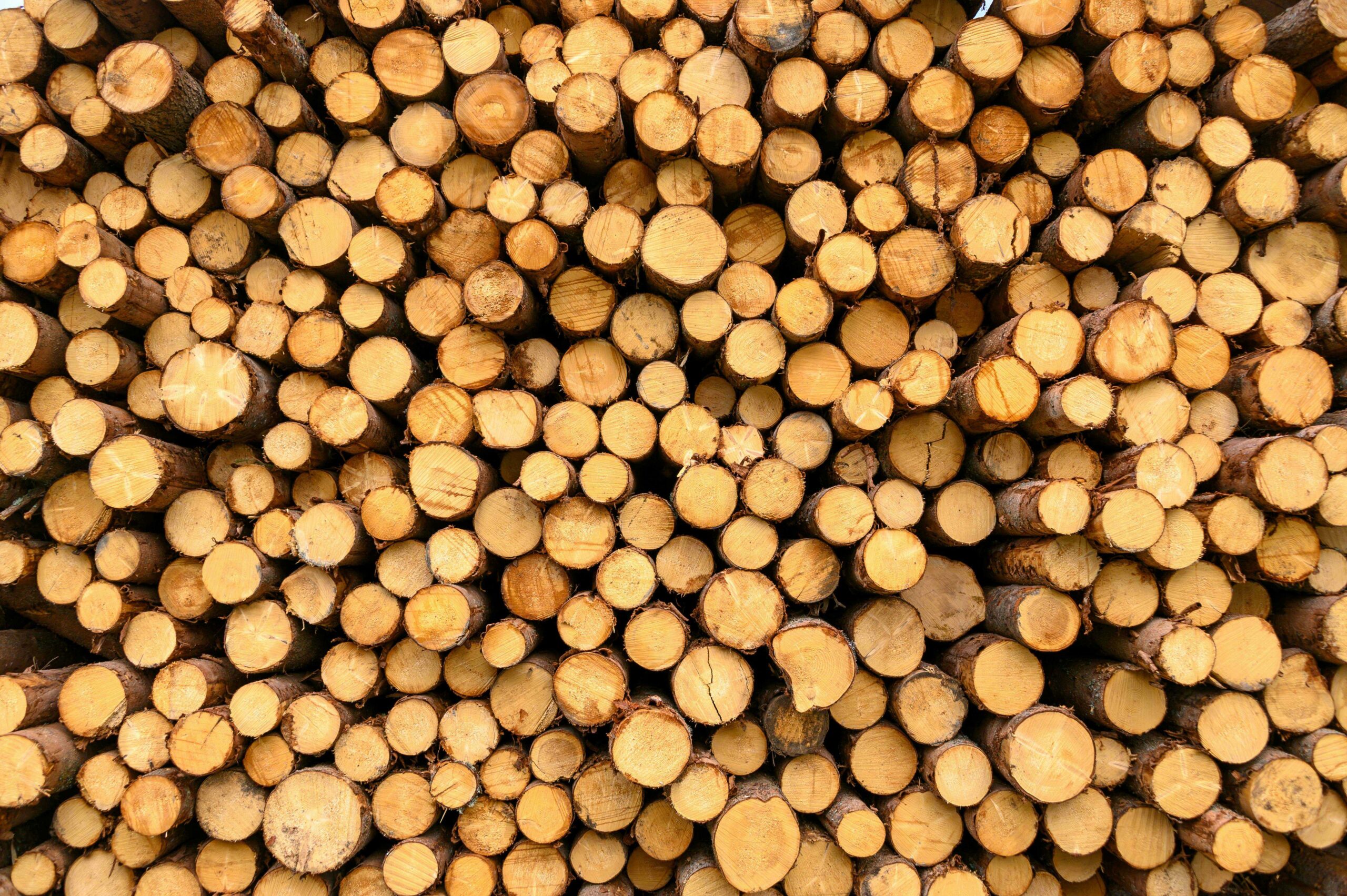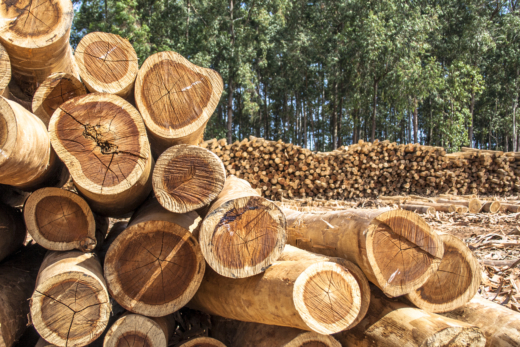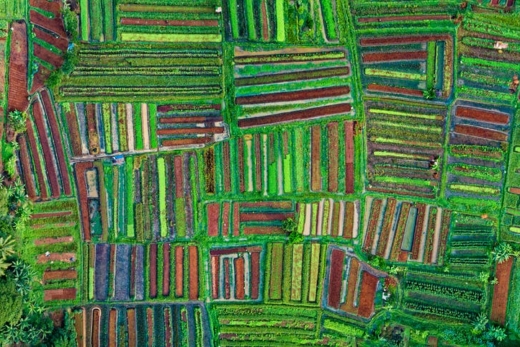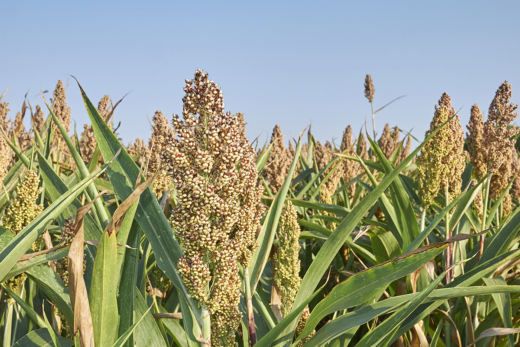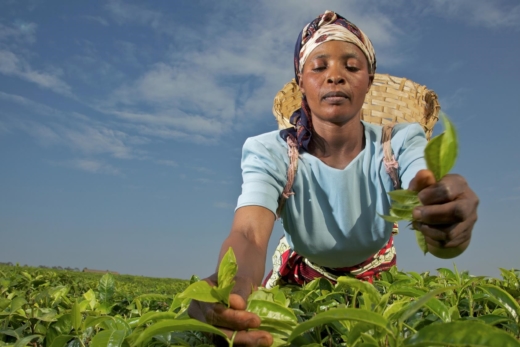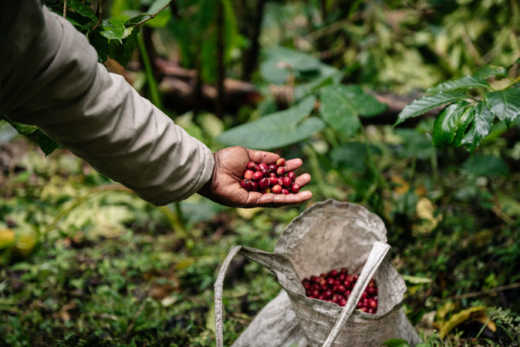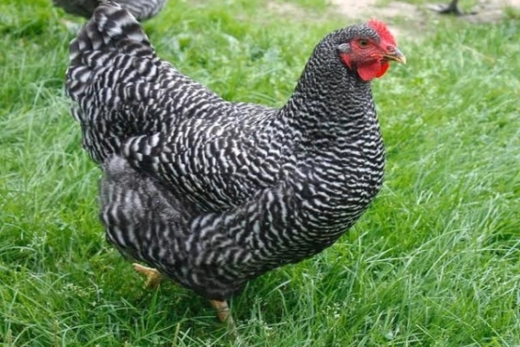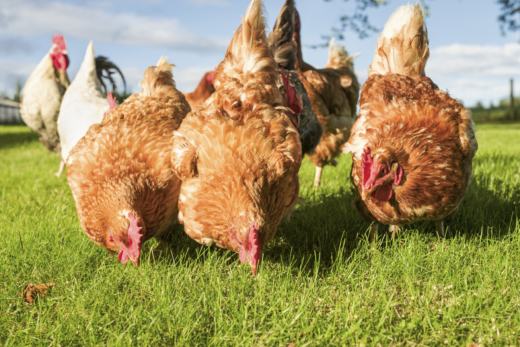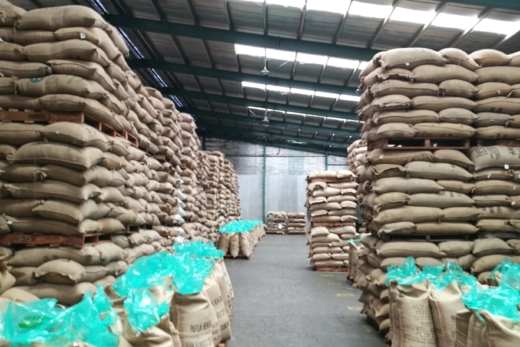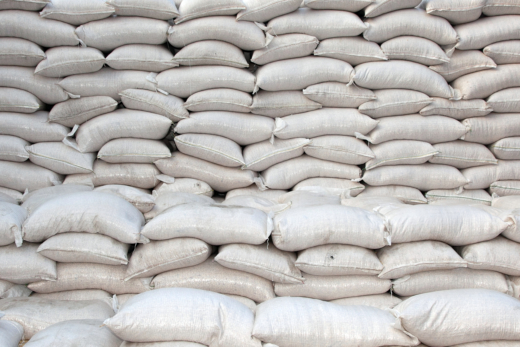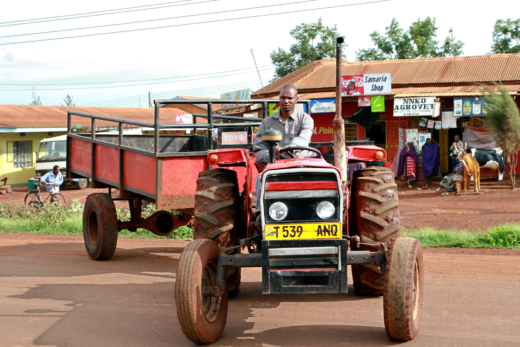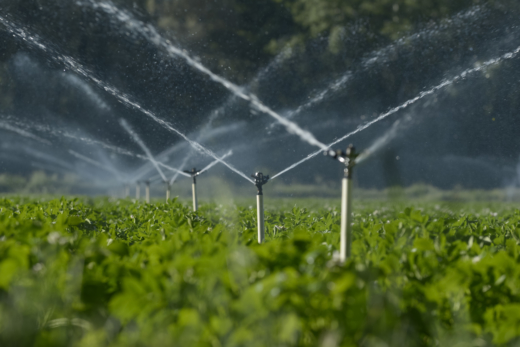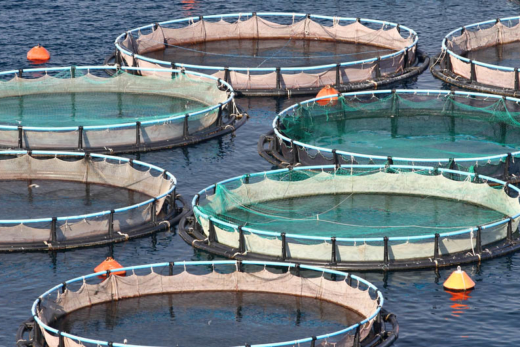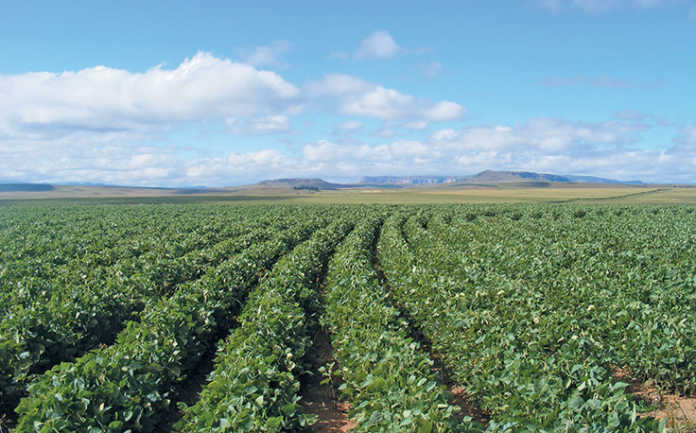
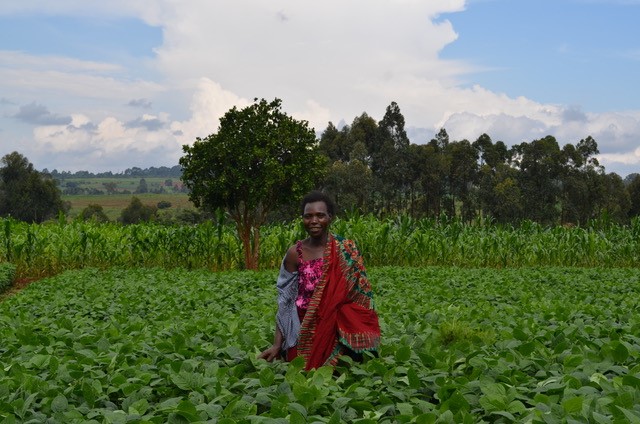
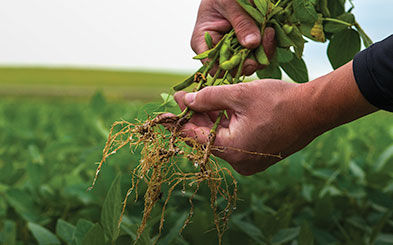
Case study
Inoculants increase legume yield and offer a good return on investment to farmers of different sizes, including poor smallholder farmers.
Aims of the project
N2Africa was a large-scale, 8-year project funded by BMGF that worked with smallholder farmers in Africa to promote and improve legume production by small-scale farmers to improve incomes and food and nutrition security. Part of the project exit strategy was to build sustainable, private-sector-led input supply chains for seed, fertilizer and rhizobial inoculants. Wellspring was tasked with taking stock of the state of the inoculant industry and developing a forward-looking go-to-market strategy for rhizobial inoculants in sub-Saharan Africa.
What we did
We started with a rapid assessment of the inoculant industry in the 11 countries in which N2Africa had been working, including mapping out current public and private sector actors, volumes manufactured and sold and an analysis of the viability and pros/cons of local production vs. importing inoculants.
Through engagement with a range of in-country stakeholders and the N2Africa team, we prioritised 2 market clusters with immediate potential to support the growth of the private sector. To ensure our strategy was relevant and practical, we conducted both top-down analysis of the“theoretical” market potential over time, and bottom-up analysis of presence/absence of strong private sector players and presence/absence of political or economic barriers to their expansion.
We then conducted a deeper assessment of these 2 market clusters and engaged with private sector players on how they could be supported to grow their inoculant sales.
Insights and recommendations
Unlike some agricultural technologies, inoculants do offer a strong return on investment to small-scale farmers, and since they are low cost, they are more accessible than many other technologies. They improve soil quality and so offer improved returns to maize grown in rotation with legumes as well.
However, the inoculant industry in sub-Saharan Africa is in its infancy, and promotion and provision of inoculants has been driven largely by the public sector to date. While growing the inoculant market in sub-Saharan Africa will take time, the potential for impact is high, and the potential for greater private sector returns will continue to rise as the soybean sector grows. So there are good long-term incentives for commercial players to establish a footprint, looking realistically at a 3–5 year timeframe for a first phase of growth, with continued expansion for 5–10+ years.
Our proposed strategy rested on the provision of targeted technical assistance and small grants to private sector players in the focus clusters. We highlighted the opportunity to sell inoculants to “small commercial farmers”, an attractive market segment often not yet purchasing inoculants, who also play an influencing role on other small-scale farmers in their communities.
We proposed developing locally specific distribution and marketing strategies which bring together buyers, suppliers and if needed, financiers. These could include reaching the farmers through existing input and output market channels such as seed companies’ strong distribution networks. Word of mouth and demonstration plots remain the most effective means of marketing. Various supply chain innovations could improve results for farmers: developing cool transport and storage solutions, improving just-in-time delivery and introducing smart guarantees to help de-risk in the early days of sales for agridealers.
We recommended that the private sector should be supported to develop an industry association or similar to speak directly to governments and donors. Meanwhile, governments and donors must not stand in the way of natural private sector investment and market development.
